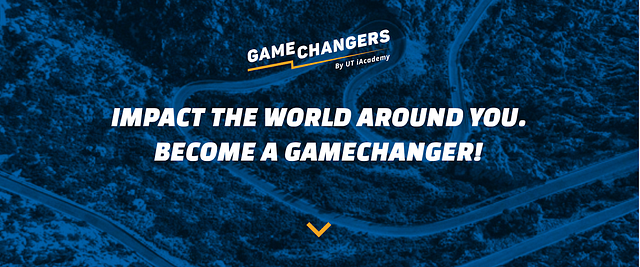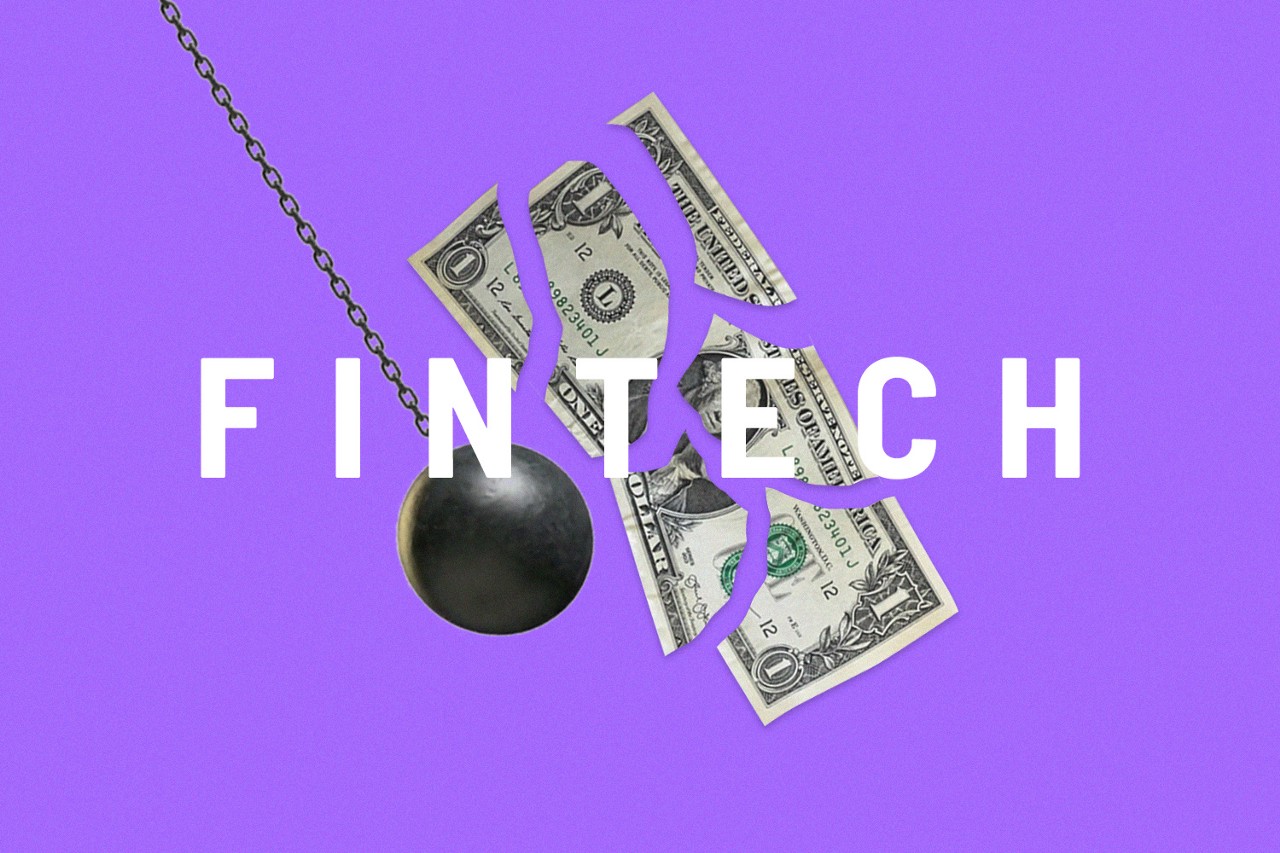FinTech Disruption— Keeping pace with FinTech disruption
Change, challenge, and opportunity
Over the past few years, disruption has completely transformed the financial services industry. Not only have a slew of new players and practices posed a powerful challenge to incumbents, but a combination of rapidly evolving mobile technologies and changing consumer preferences have reconfigured the retail banking landscape for good.
Our last two articles FinTech disruption: overview and outlooks and Five sectors being disrupted by FinTech explored the reasons for these changes. We noted how a combination of new services, business models, and legislation are increasingly tipping the scales in favor of companies who, unrestricted by the costs and regulations banks are obliged to follow, are able to provide inexpensive, single-product, omnichannel solutions to customers.
In a recent PwC Global Executive Summary, an imposing 82% of 1,297 senior financial services executives interviewed saw themselves increasing FinTech partnerships in the next five years, predicting that consumer banking, fund transfers, investment, commercial banking, and insurance were the most likely sectors to be affected by disruption.
There’s no denying it — FinTech is set to lead the world of financial services, its biggest industries included. The question for banks now is: what can they do to keep up?
Use your data
The good news is that a powerful resource for staying competitive and building value is already available to many financial institutions: customer data.
Banks have access to a wealth of information about their clients including spending habits, product usage, and credit histories, but for reasons related to internal restrictions, cost, or simply because they haven’t yet found a reliable partner to work with, few have tapped into this enormous potential. With the right team, a data science model could be built to harness the data financial institutions have collected over the years and help them improve performance, monetize their resources, and manage risk with spectacular results.

A bank like SEB, for example, has developed the highly successful Aida program, an AI bot optimized to cut wait times for clients and free up its team’s schedule to better focus on other projects. This customer-centric use of AI is not only important in a market where fast, easy user experience is crucial to stay competitive, it’s also rich in possibilities for increasing revenue more directly. Barclays, for example, have used data science analytics in customer segmentation processes, noting which groups were most likely to be profitable in the long run and targeting them with advertisement campaigns and customized promotions.
Though decision-making tools like these are powerful in their own right, data science also holds great promise in the fields of fraud management and risk assessment.
Predictive AI models could use a customer’s preferred transaction channels to detect an unusual ATM withdrawal, for example, or they could analyze customer spending habits for the credit scoring or the recommendation purposes, a challenge that we at Mooncascade completed with high marks during a recent Kaggle competition focused on home credit default risk prediction.
Regardless of which of these use cases is right for your business, data science is undoubtedly the way forward for banks looking to streamline their operations and better manage their resources. One question might remain, however: should you develop your own data science team or look outside for help?
Finding professional-grade data scientists can be costly and time-consuming, so we suggest doing both, starting with assistance from a third party while you build your team, assist with Data Science strategy development, pick up right problems Data Science could be a right answer and work on fist projects. This is a field in which Mooncascade could help established banks and financial institutions, but also smaller FinTech startups who don’t necessarily have the resources or access to such an in-demand skill.
Take your business mobile

Another way that players in the financial services market can stay competitive is to go mobile. As noted in our two previous articles FinTech disruption: overview and outlooks and Five sectors being disrupted by FinTech, mobile channels have played a crucial role in FinTech disruption, and all signs point to them forming the basis of any competitive retail banking product in the future.
Helping a company go mobile can mean one of two things: either mobile offerings aren’t their main product, in which case it makes sense for them to partner with an outside service, or the company in question is still in the early stages of development, in which case it’s necessary for them to rely on help from elsewhere until they have the resources to properly focus on mobile themselves.
In both cases, turning to a company specialized in data science research and mobile development can make it easy to cut costs, save time, and build a high-quality, adaptable mobile product that will stand the test of time. Here at Mooncascade, we’ve assisted some of the biggest banks and FinTech startups in complementing their services with mobile offerings, including Swedbank, whose award-winning mobile UX, design, and IOS app we helped to develop, Monese, whose Android and IOS apps we built, and a number of other major players in the industry, including TransferWise and Twino.
Don’t wait to innovate

Data science models and products built for mobile channels have one thing in common: they both expect, and thrive on, change.
If there’s one takeaway from the whirlwind of transformations disruption has brought to the financial services industry, it’s that innovation is the key to staying competitive. Modern product development requires teams that are adaptive, cross-functional, and forward-thinking: not only do banks and businesses in the financial services market need access to cutting-edge data science tools and teams with the skills to use them, they also need to integrate innovation into the very fiber of their company’s operations.
This isn’t always easy, especially when managing the hefty legal, financial and time-based restrictions corporate culture often finds itself burdened by. Attending workshops, organizing design sprints and hackathons, and actively staying up to date on agile software development practices can be a full-time job. Here again, Mooncascade can help you shine, bringing companies that don’t have the time or resources to invest in innovative development the best in future-facing practices and ideas.
For example, this fall, our co-founder Priit Salumaa co-founded GameChangers, an open innovation program for companies, scientists, designers, and students looking to make an impact on tomorrow’s business landscape. So why wait? Get in touch with Mooncascade to see how we can start taking your bank, business, or startup into the future, today.
Want to keep up? We can help
If you happen to be interested in developing a Fintech product and need a Product Development partner, then have a look at what we’ve done for FinTech companies, and get in touch! Our FinTech team would gladly advise you on matters ranging from choosing a technology to validating business impact.
What’s more, you can check our beginner’s guide to the world of FinTech just to get inspired by the endless opportunities of financial technologies.

